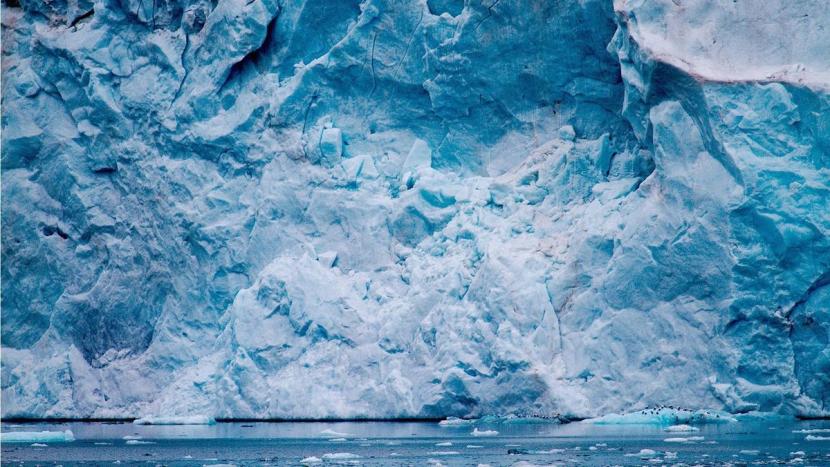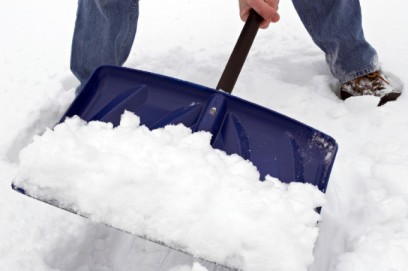Tagged: Climate change
Know a climate change denier? Turn up the heat
A few days ago, as I was driving home from work, I happened upon a story on NPR’s “All Things Considered” that piqued my interest. The story was about climate change. In a recent study that analyzed other studies, researchers found that 97% (yeah 97%) of scientists, when talking about climate change, agree that it is happening and that mankind has something to do with it. Keep in mind that these are the people who study climate change as a career. It was a pretty astounding figure considering the public’s general belief that climate change is a highly contested topic, subject to intense debate within the scientific community. This study suggests otherwise.
That was an interesting story, and I’m always happy when scientific literacy in America gets put under the microscope, but what they said near the end of the segment blew my mind. Here is the transcript:
MAYBACH: People’s assessments of climate change are very susceptible to what they’ve recently experienced in the weather.
HARRIS: And after this past cold winter, American opinion about the existence of climate change dropped seven percentage points, to 63 percent.
So because of it being kind of a tough winter, Americans are now more pessimistic about global climate change as even existing. That is insane. It also highlights a common problem that scientists face when they seek to inform the public about their findings: “common sense” is just way more attractive.
There are numerous, numerous, (numerous) instances that we could point to that show common sense or the prevailing wisdom failing to actually be true, but for some reason, even though we’ve been burned many times before, it’s still hard for many people to accept that what is happening right in front of their eyes isn’t always the whole story. Partly, this is because there is a lack of understanding of how science works and what makes a scientific theory much better than “just a theory” (hint: there are more steps than just “hey, I have an idea and a Facebook account”). There is also the problem with a media that cannot help but run every story through a dichotomous narrative in which both sides of “an argument” are given equal air time. This leads to a false sense that both sides are equally valid. Which is a shame, because often times they aren’t even close.
It would be interesting to see if we could manipulate people’s opinions further. I envision a study that asks participants to come into a lab that has its heat cranked to uncomfortably hot levels and then gives them questionnaires on their opinion about global warming. Would just sitting in a warm room make people more comfortable with the existence of man-made climate change? I suspect it could. If you have a stubborn friend who refuses to see the facts, perhaps you could sweat it out of him.
This effect also highlights the dangers we face when we allow a scientifically ignorant congress to be influenced by a scientifically ignorant public and ignore the experts. We have got to be willing to defer some opinions to people who know better than us. Especially now, as the world is getting more and more complex and intuition is getting less and less helpful. Policy should be steeped in data driven research that can enable us to look clear eyed at the complicated and sometimes daunting problems that we face going forward in the 21st century.
Not to put too fine a point on it, but that is one of the remarkable things about Angelina Jolie’s decision to get a double mastectomy, it represented a pragmatic, unflinching and courageous position on her body and her future that said “I refuse to stick my head in the sand and get by on mere hopes and prayers when the data shows I am in harm’s way and if I act now I can give myself a fighting chance”. It was brilliant. Now let’s all do that and get a grip on climate change now, because even if our heads are protected by the nice cool sand, our butts are still roasting.
“Ice Wall” Image courtesy of Flickr, Taraji Blu
Related articles
- What the deniers of global climate change must deny (1) (blogs.redding.com)
- Zombie climate sceptic theories survive only in newspapers and on TV | Graham Readfearn (guardian.co.uk)


